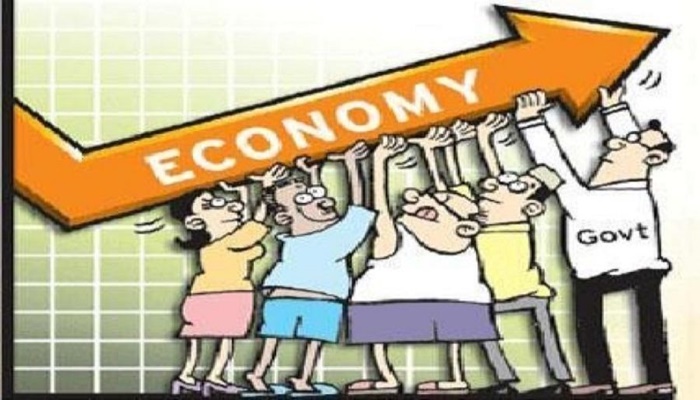
Some economic experts have expressed concern over the Federal Government’s decision to base the estimated revenue from Value Added Tax (VAT) in 2020 by 7.5 per cent instead of five per cent.
The News Agency of Nigeria (NAN) recalls that the Federal Executive Council had recently approved the increment of VAT from 5 per cent to 7.5 per cent, which many said would cause more hardship on poor Nigerians.
Dr Patricia Auta, an Economic Analyst while reacting to the N10.33 trillion budget submitted to the National Assembly on Tuesday in Abuja said that the government had acted prematurely in using 7.5 per cent instead of five per cent.
Auta said that the proposed hike in VAT would have to be approved by the National Assembly before it comes into effect, adding that it had not been done.
According to him, the government should not have used it in calculating its revenue estimates.
“Its my opinion that the government cannot just assume that the National Assembly will approve the VAT increment from five per cent to 7.5 per cent.
“As much as its important for the government to increase its tax revenue, increasing VAT is not the right way to go.
“VAT is a multi level tax on consumption and the burden rest on the final consumer and not the business so the people are the ones who will bear the brunt of the increase.
“Government needs to pay attention to expanding the tax net and ensure that businesses pay tax, especially those multinational companies. That’s where the money is,” she said.
Another expert, Mr Jibrin Ibrahim said that the government was overly optimistic in their revenue targets, which includes the VAT component.
He said that as much as increasing revenue was important, it should not be done at the expense of the people.
Ibrahim also expressed his concern over the sum allocated to education and health compared to other sectors.
He said with the infrastructure gap in the education and health sectors, it was surprising that only N48 billion was budgeted for Education and N46 billion for Health, out of the N2.46 trillion earmarked for Capital Expenditure.
Ibrahim urged the National Assembly to examine the major components of the budget for the benefit and development of the nation.
Ibrahim, however, commends Buhari for the early presentation of the budget, and urged the National Assembly to ensure that the 2020 Appropriation Bill was passed before the end of December, 2019.
NAN reports that President Muhammadu Buhari on Tuesday presented a budget proposal of N10.33 trillion to a joint session of the National Assembly.
Buhari puts the Federal Government’s estimated revenue in 2020 at N8.155 trillion, comprising oil revenue of N2.64 trillion, non-oil tax revenues of N1.81 trillion and other revenue of N3.7 trillion.
Other estimates are N556.7 billion for statutory transfers; N2.45 trillion for debt servicing and provision of N296 billion as sinking fund.
The 2020 budget is based on an oil production estimate of 2.18 million barrels per day, oil price benchmark of 57 dollars per barrel and an exchange rate of N305 to a dollar.
Other benchmarks are: real Gross Domestic Product (GDP), growth rate of 2.93 per cent while inflation rate “is expected to remain slightly above single digits in 2020’’.
On sectoral allocation, Works and Housing was allocated N262 billion, Transportation N123 billion, Defence N100 billion, Niger Delta N81 billion, Education N48 billion, and Health N46 billion among others. (NAN)






